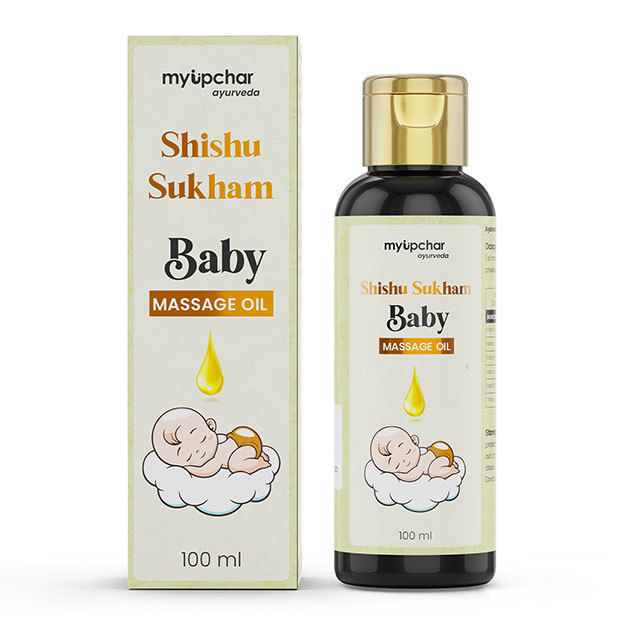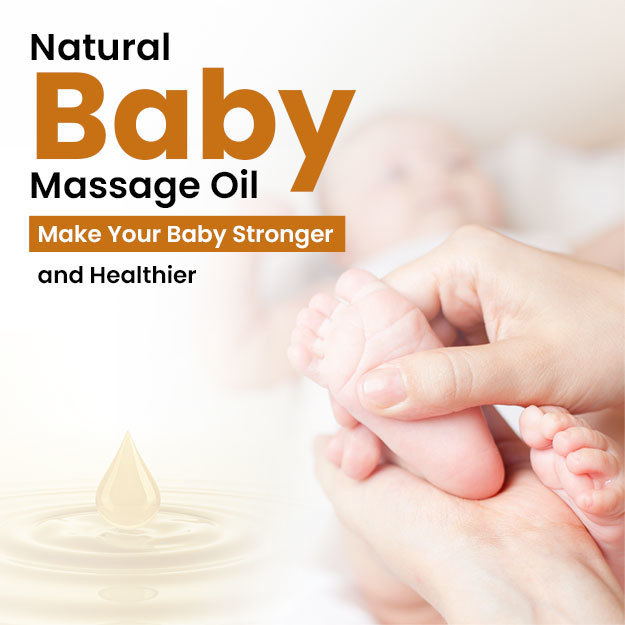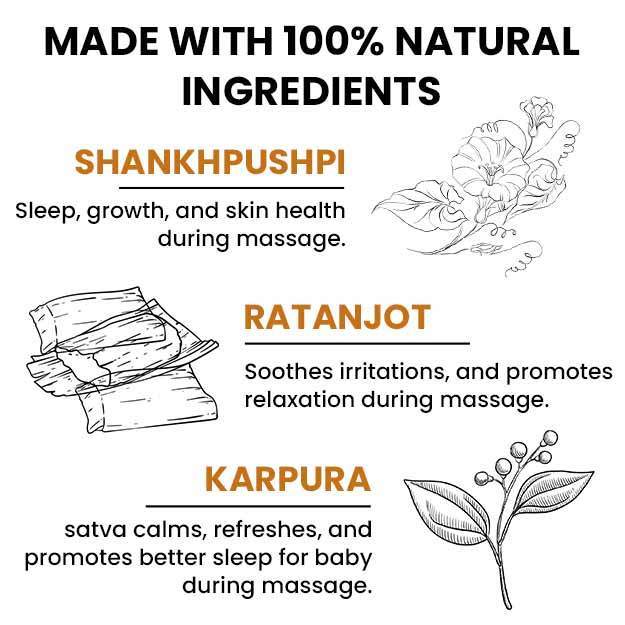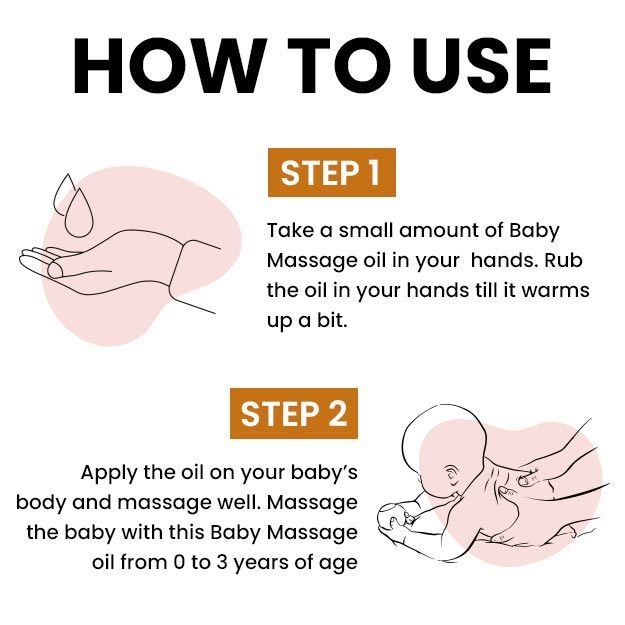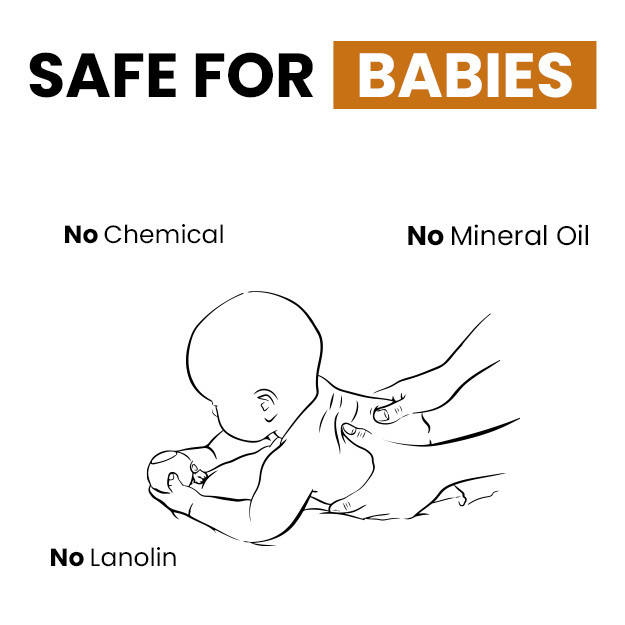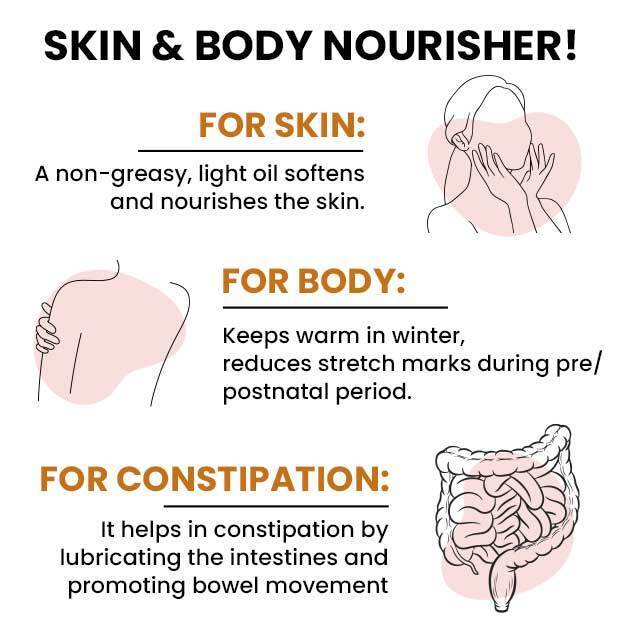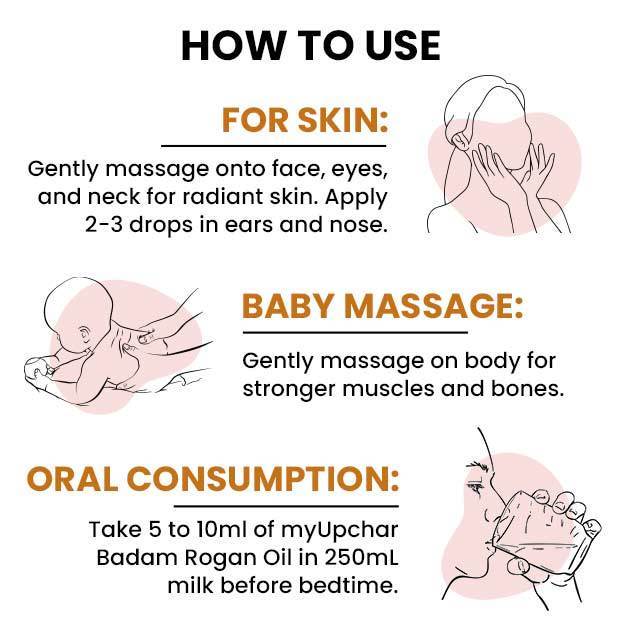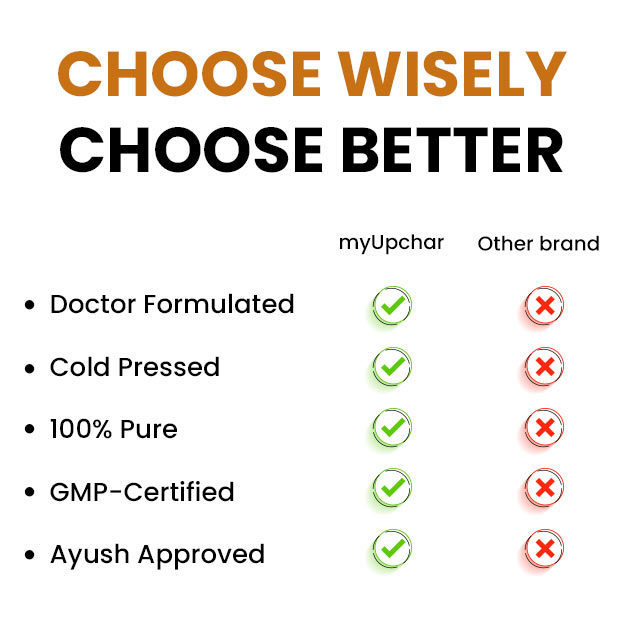At three weeks old, your baby will take longer feeds, sleep for 17-18 hours a day, and be able to lift his or her head and look from side-to-side.
Your baby's umbilical stump will have dried up and fallen off naturally by the end of the second week (if it hasn't fallen off already, don't try to rush it). This means your baby will be ready for regular baths from the third week after birth - be warned that some babies hate baths and there may be some crying during bath time. (Don't worry, there are ways to fix this.)
At three weeks, your baby still won't be able to see beyond 30 centimetres but expect him or her to be amused by your cooing and facial expressions.
Given the number of things that are going on this week, you will naturally have tonnes of questions. We've tried to answer some here. Read on to know about colic babies, three-week baby feed, baby bath time, baby poop and more.





